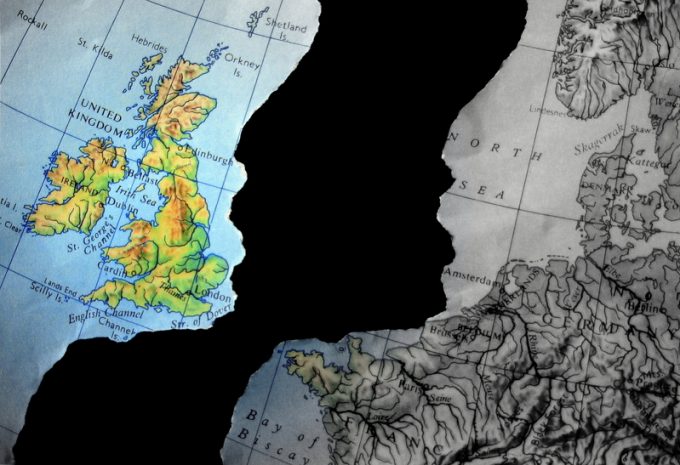FMC empowered to investigate international 'shipping chokepoints'
Donald Trump appears to have ‘weaponised’ the Federal Maritime Commission (FMC) as part of US ...

The decision by the UK’s Department for Transport earlier this week to cancel the contracts awarded to DFDS and Brittany Ferries to run a series of extra cross-channel ro-ro sailings after 29 March – the date the UK was due to leave the EU – ...

Comment on this article